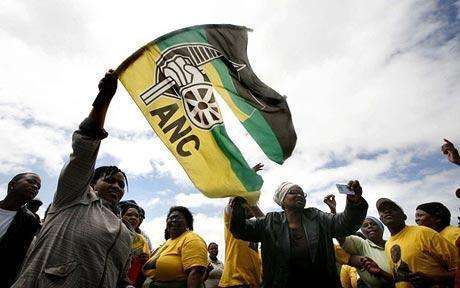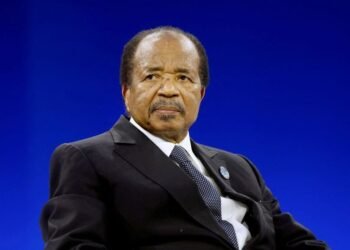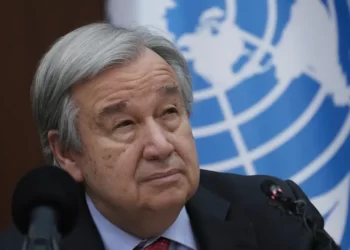Former South African President Jacob Zuma has been barred from contesting a parliamentary seat in the upcoming national election, scheduled for next week.
This decision was handed down by the country’s highest court on Monday, May 20, due to Zuma’s prior criminal conviction.
The ruling, issued by the Constitutional Court, is likely to heighten political tensions in the lead-up to what could be a crucial vote for Africa’s most developed economy.
The Court invoked a section of the constitution that stipulates that individuals sentenced to more than 12 months in prison without the option of a fine are ineligible to stand for Parliament.
This provision applies to Zuma, who had previously been sentenced to 15 months in prison by the same court in 2021. This sentence was the result of Zuma’s refusal to testify at a judicial inquiry investigating government corruption.
According to the Constitutional Court, Zuma will be unable to serve as a lawmaker until five years have elapsed following the completion of his criminal sentence.
This ruling comes just nine days before the scheduled election on May 29, injecting further complexity into an already charged political landscape.
Jacob Zuma, who previously headed South Africa’s ruling African National Congress (ANC) party, faced internal pressure and stepped down as its leader in 2017. Subsequently, in 2018, he resigned from the presidency amidst a backdrop of corruption accusations.
In late 2023, Zuma reentered the political arena, forming a new party. He resumed his sharp critique of the ANC and the current President, Cyril Ramaphosa.
“This is the highest court in the land and we can’t challenge this decision,” said Sihle Ngubane, secretary-general of Zuma’s new MK Party.
“But we’ll make our decision as an executive what to do from here onwards, dictated by Jacob Zuma.”
Sihle Ngubane
There was no immediate response from Jacob Zuma following the court’s decision.
The upcoming election holds significant importance for South Africa, possibly being the most crucial in three decades.
The ruling African National Congress (ANC), facing unprecedented challenges, confronts its toughest test since the end of apartheid in 1994.

ANC’s Shaky Election Prospects
The ANC is grappling with the task of retaining its majority in parliament. The outcome of the election could potentially lead to the formation of a national coalition government, marking the most significant political transition since the demise of apartheid and the inauguration of the first all-race elections.
Jacob Zuma’s newly formed party, uMkhonto weSizwe (Spear of the Nation), or the MK Party, poses a fresh challenge to the ANC. While the recent Constitutional Court ruling doesn’t prohibit the party from participating in the election, it does prevent Zuma from serving as one of its lawmakers.
The MK Party unveiled its manifesto at a soccer stadium over the weekend, with Zuma taking center stage at the rally. He features prominently on the party’s election posters and serves as the face of its campaign.
South Africa’s independent electoral commission, responsible for overseeing elections, clarified that while Zuma’s image can still be used on the party’s election materials, his name has been struck off the list of proposed candidates. Political parties were required to submit their list of candidates for Parliament ahead of the election.
In South Africa, citizens do not directly cast votes for the president; instead, they vote for political parties. These parties are then allocated seats in Parliament based on their share of the vote. Subsequently, lawmakers elect the president, with the majority party typically selecting the head of state. Since 1994, the African National Congress (ANC) has consistently held this position.
However, if the ANC fails to secure more than 50% of the vote in the upcoming election, it will necessitate forming a coalition government to retain power.
READ ALSO: Quick Action Reveals Singer’s Situation As ‘Family Matter’






















